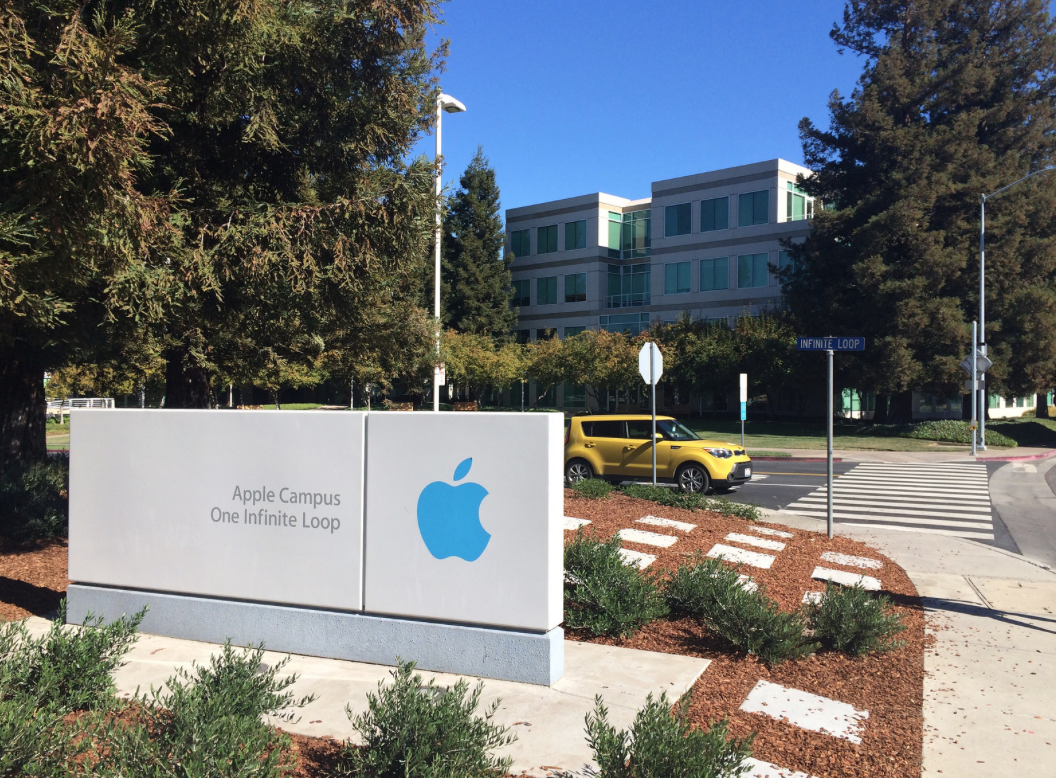Title Page
Houston Named No. 2 Most Expensive Commute in the Country. Houston Business Journal.
Introduction
Apple To Build New Austin Hub, Invest in Other Tech Hotbeds. Associated Press.
“When tech companies invest in a place and try to hire thousands of workers, it is of course good news for tech workers who are already there and want to be there,” Kolko said. “But it can put a strain on the housing market and transportation.”
Executive Summary
The number of uninsured people across the country increased between 2016 and 2017 after several years of decline and more than it had in the previous decade, with Texas accounting for a large share of that increase. Now, a new report released by the Episcopal Health Foundation and Urban Institute seeks to document the uninsured population across Texas in 2018 using a simulation model.
"Texas has the country’s highest uninsurance rate, with 4.7 million people younger than 65 estimated to be uninsured in 2018," the report concluded. "We estimate that 19 percent of people in that age group are uninsured in 2018, more than 70 percent higher than the national rate of 11 percent."
Those numbers were even higher for Harris County, where 22 percent of the under 65 population is uninsured, according to the report. Income, as well as race and ethnicity, were correlated to coverage, with almost 60 percent of the uninsured population earning just 138 percent of the federal poverty level. "192,000 people would become eligible for Medicaid if Texas were to expand eligibility to those with income below 138 percent of the federal poverty level, as permitted under the Affordable Care Act," the report noted.
Still, the report stresses that the Affordable Care Act has produced meaningful coverage for a substantial share of Texans.
Explore data from other counties here.
Conclusion
"In the early 1990s," explains Michael Barajas in the Texas Observer, "the Texas Legislature tried to build something surprisingly progressive amid the state’s tough-on-crime prison boom: an alternative to prison for low-level felons."
So what happened to the promise of reduced recidivism and relief for prison crowding? "[M]ore than two decades later, people leaving state jail have a greater chance of reoffending than any other group in the Texas criminal justice system," Barajas found.
While roughly a third of felonies were reclassified, many of the changes needed to support a rehabilitative-minded reform were never fulfilled, according to Doug Smith, a senior policy analyst with the nonprofit Texas Criminal Justice Coalition, told Barajas. "Without re-entry planning, ongoing mental health care and other rehabilitative programs, many formerly incarcerated Texans have little chance of reintegrating into society," writes Barajas.
Endnotes
The first “sign” of #Houston’s new high-comfort bikeway network! @HoustonBikePlan @HoustonPWE @HoustonPlanning @RodneyEllis @TEI_PlanDesign @tooledesign pic.twitter.com/u5wFYrEWd3
— James Llamas (@JamesLLlamas) December 13, 2018

